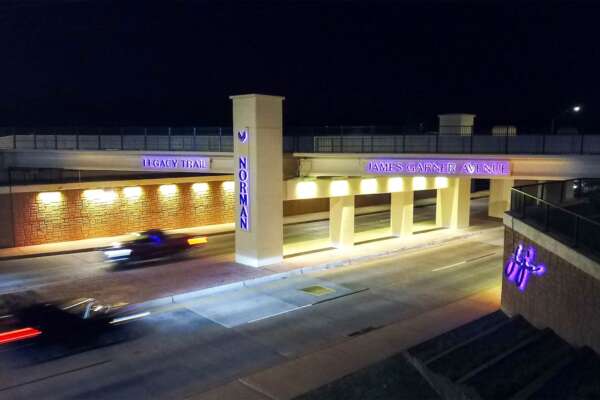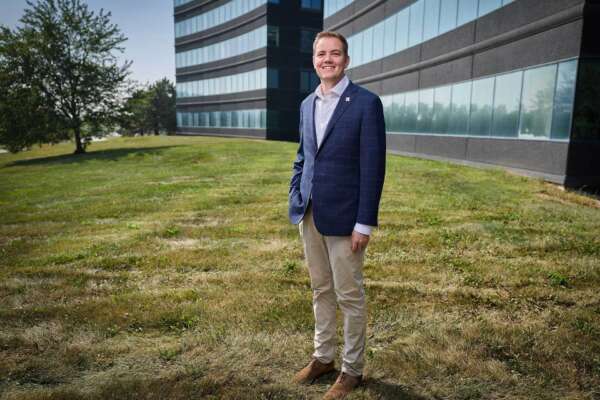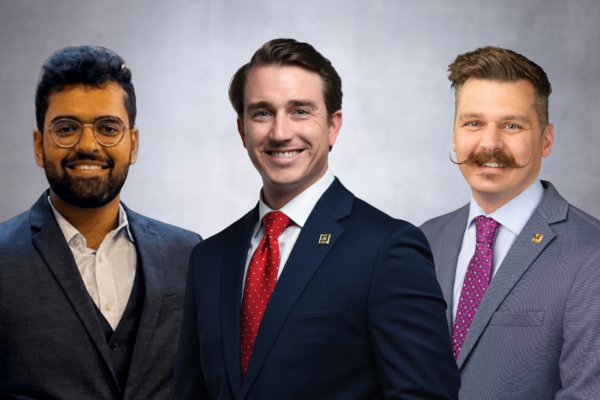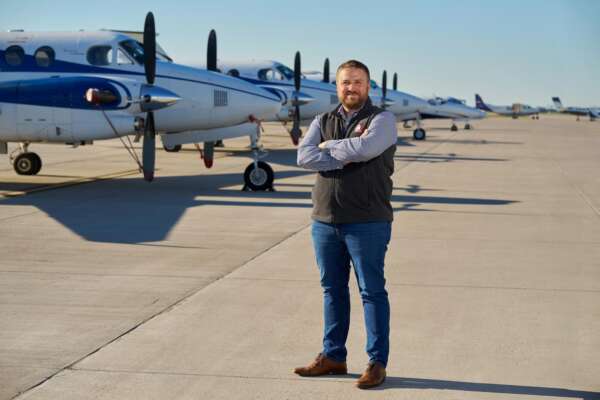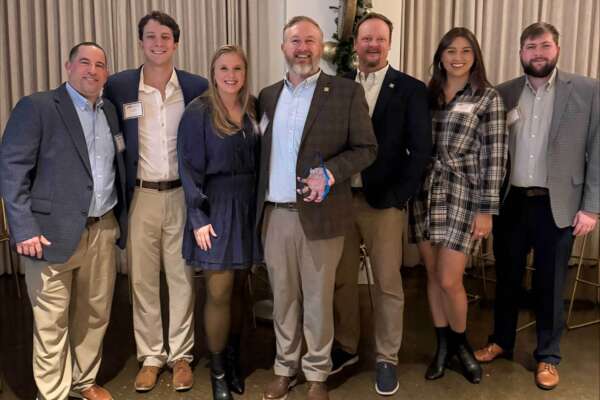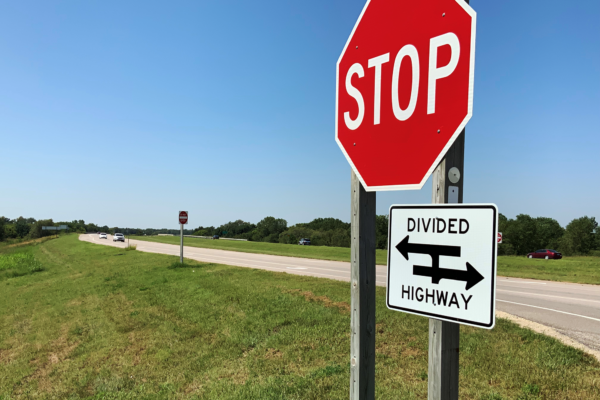Rocky Mountain Water Conference
Keystone, Colorado | Sep. 18-21
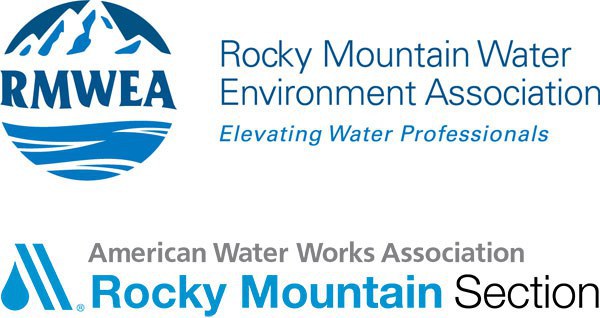
The Rocky Mountain Water Conference 2022 will be held Sept. 18-21 at the Keystone Conference Center in Keystone, Colorado with the theme "Welcome Back!" This will be the 94th Annual Conference for the Rocky Mountain Section of AWWA and the 84th Annual Conference for the Rocky Mountain Water Environment Association. Over 900 attendees are expected including utilities, managers, operators, vendors, engineers, regulators, students, and others. The technical program includes an Operator Training focus on Sept. 20 and expanded technical and managerial subjects. We hope to see you in Keystone!
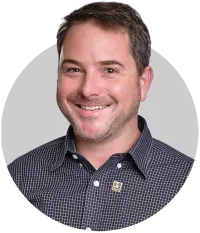
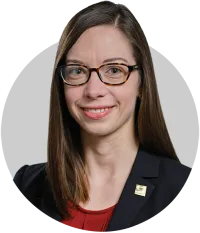
2-2:30 p.m. MDT
Pellet Softening Reactors (PSRs) for Mineral Removal and Filtration Pretreatment: A Novel Surface Water Concept for the Western U.S.
In 2022, Project 7 Water Authority completed a USBR-DWPR Program-funded water treatment pilot to demonstrate a cost-effective, non-membrane-based treatment process on a surface water with very high hardness and elevated TDS, iron, and manganese. This applied research shows that underutilized, marginal surface waters in the western United States can be converted into potable water supplies without requiring brine disposal. This presentation describes the fundaments of chemical softening in pellet softening reactors and surface water filtration requirements, recognizes challenges and opportunities that exist when using PSRs as part of a surface water treatment system and compares them to the traditional groundwater and GWUDI application of PSRs, and assesses cost-effectiveness of a non-membrane-based surface water treatment train capable of removing TOC, TDS, iron, manganese, and hardness from representative western surface water.
Speakers: Colorado Water Team Leader Rick Huggins, Ph.D., PE and Distribution System Water Quality Practice Leader Ashley Pifer, Ph.D., PE

9-9:30 a.m. MDT
Where We're Going, We Don't Need Membranes: How the Lake Thunderbird Water Reuse Pilot Protocol is Testing Efficacy of Treatment Technologies Without the Use of Nanofiltration/Reverse Osmosis Membranes
High pressure membranes for reuse requires disposal of a brine waste stream. For coastal states that’s not a challenge with their access to the ocean, but land-locked states must deal with disposal costs, making reuse (direct or indirect) a costly challenge. This presentation will detail the proposed, 30-month pilot study at the City of Norman, Oklahoma's Lake Thunderbird that will evaluate the efficacy of BNR technologies along with advanced treatment methods to determine the removal of nutrients, viruses, and CECs.
Speaker: Oklahoma Water Team Leader Mary Elizabeth Mach, PE
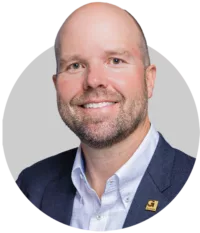
9-9:30 a.m. MDT
The Future is Here: Artificial Intelligence, Machine Learning, and Advanced Pipeline Condition Assessment Technologies
Advancements toward artificial intelligence inspection platforms, reliable machine learning capabilities, and emerging trends in integrated pipeline condition assessment technology development will be discussed and highlighted throughout this presentation. Faster quantifiable inspection information, more consistent data, and predictive modeling capabilities provide for better proactive decision-making strategies. Ultimately money is saved and risk is reduced through increased inspection process efficiency, more effective prioritization and improved accuracy.
Speaker: Infrastructure Practice Leader Jeff Maier, PE
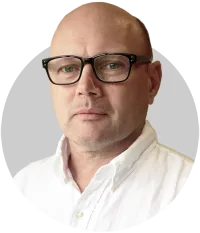
1-1:30 p.m. MDT
BNR to Achieve Very Low Effluent Nitrogen
To reach very low effluent nitrogen levels requires attention to all nitrogen species: ammonium (NH4-N), nitrate (NO3-N), nitrite (NO2-N), particulate organic N (PON), and dissolved organic N (DON). Together these are known as total nitrogen (TN). This presentation will use examples to explain these relationships clearly so that operators and plant managers can be well prepared for upcoming discussions of process capabilities, TN limits, and process modifications needed to maintain compliance.
Speaker: Wastewater Practice Leader Sean Scuras, PE, Ph.D., BCEE

